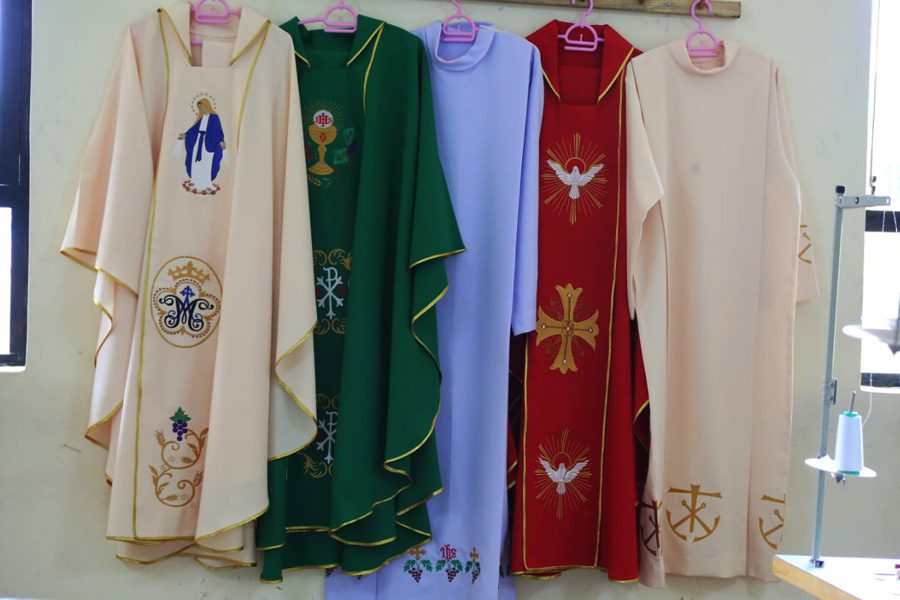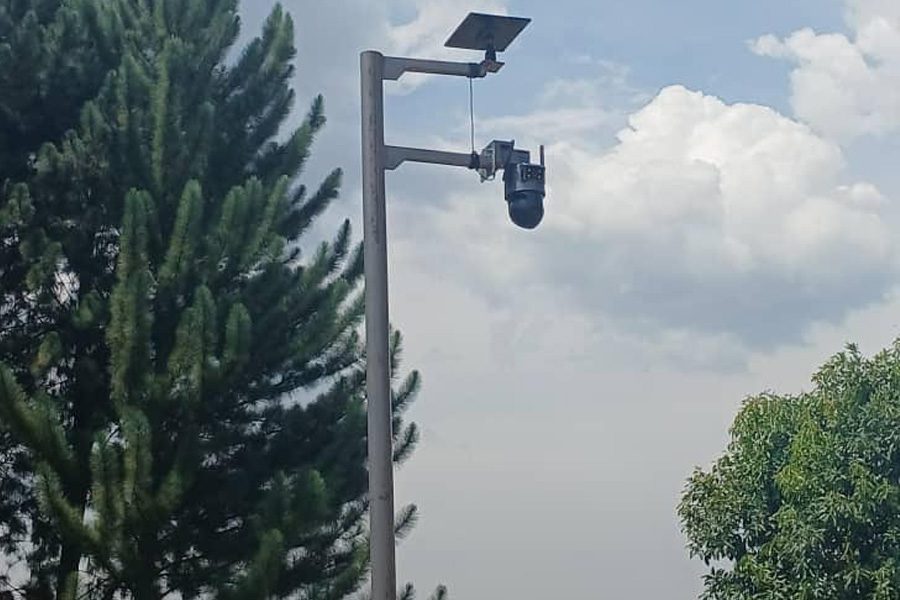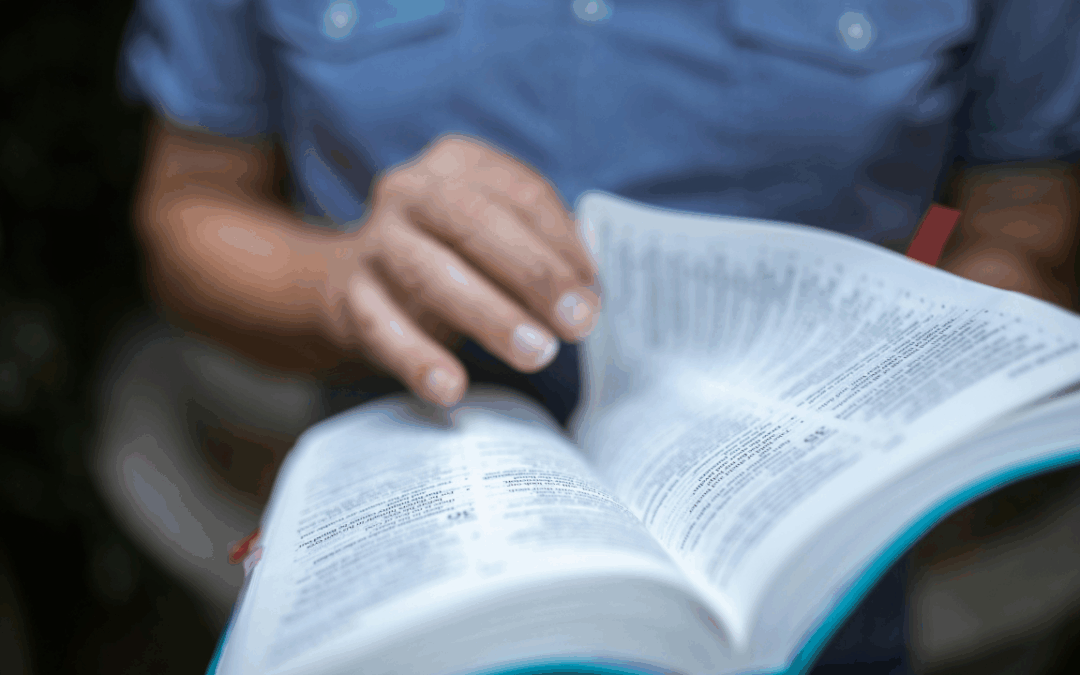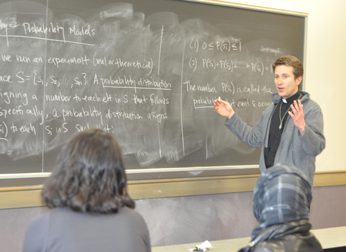
Throughout my years of seminary and early priesthood, I occasionally have worried about the priestly character or even religious value of my work and life in the academic part of the university world. At times, I have found encouragement in what I have experienced to be the contemplative nature of mathematics. And I can remember my spiritual director at Notre Dame reminding me, “To instruct the ignorant is one of the spiritual works of mercy; your life as a teacher needs no more justification than that.” I wear my clerics most days in the classroom, and I begin each session with a short prayer to the Holy Spirit. Still, to be honest, it is sometimes a struggle to explain the connection between my job and my identity.
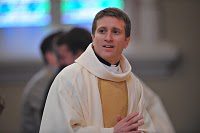
A couple of months ago, a student in one of my upper level courses dropped by during office hours. She has achieved great success in the course and likes to work independently, so I was actually a little surprised to see her. “Could I talk to you as a priest?” she asked. “Of course,” I responded, as I invited her to sit down and closed the door. Since, to my knowledge, she did not come from a background of religious faith, I imagined that she was experiencing a significant personal or family crisis and needed serious counsel. As it turned out, she needed help discerning between two potential summer internships, with the particular challenge that one program wanted her response before the other had even completed the interview process.
We spent awhile discussing the two opportunities, her expectations, her aspirations, and her values. We enjoyed a great conversation, but we didn't come close to touching on matters of faith. And yet, this young woman framed the entire encounter in the context of my position, not as her professor, but as a priest.
A few days ago, I ran into a couple of former students, neither of whom is Catholic. “What are you going to be doing over the summer, Fr. Charlie?” one asked. I recounted how I would be spending most of it here at the University of Portland, in part because I had three summer weddings on campus, and the couples and I were still in the middle of the Church’s marriage preparation program. A bit intrigued, he inquired, “Would a priest ever meet with couples who weren’t Catholic but still wanted the benefits of that program?” I replied that, while not typical, a priest would probably provide this service, especially if the couple had no other pastoral guidance in their lives. The other student piped up, “Yeah, it’s interesting. Even people who aren’t Catholic feel they can turn to priests for help or advice about their lives.”
The major Vatican II document Gaudium et Spes begins, “The joys and the hopes, the griefs and the anxieties of the men of this age, especially those who are poor or in any way afflicted, these are the joys and hopes, the griefs and anxieties of the followers of Christ.” I am grateful that this statement embodies not only what we Catholics believe about ourselves, but also, apparently, what people outside the Church still believe about us. I am especially grateful that here at the University of Portland, people can see — often more than I am able to understand — how my “secular” work flows from and embodies my priesthood.
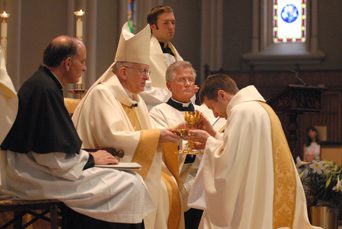
Fr. Charlie McCoy, C.S.C., is an Assistant Professor of Mathematics at the University of Portland. He is a monthly contributor to the Spes Unica blog, reflecting primarily on the work of Holy Cross in education. Learn more about the work of Holy Cross priests and brothers in the field of education to bring hope to the Church and world.

